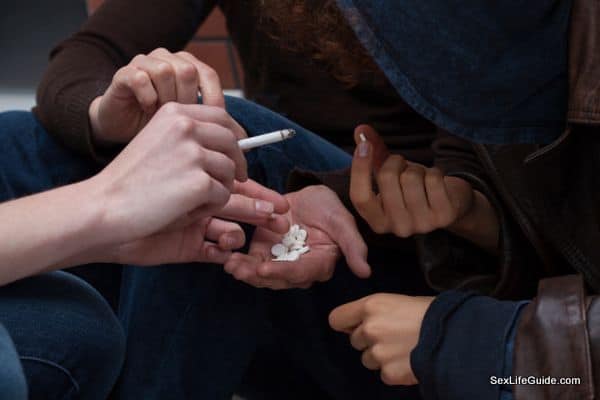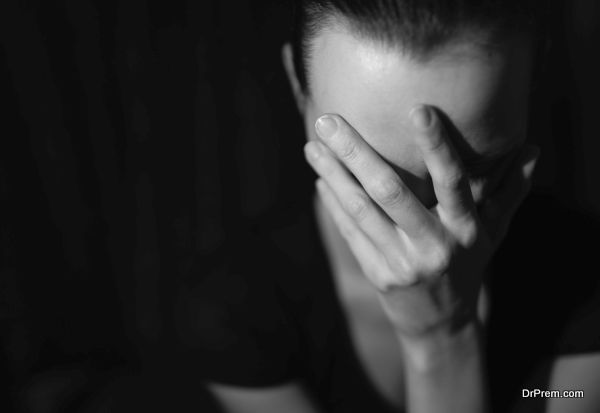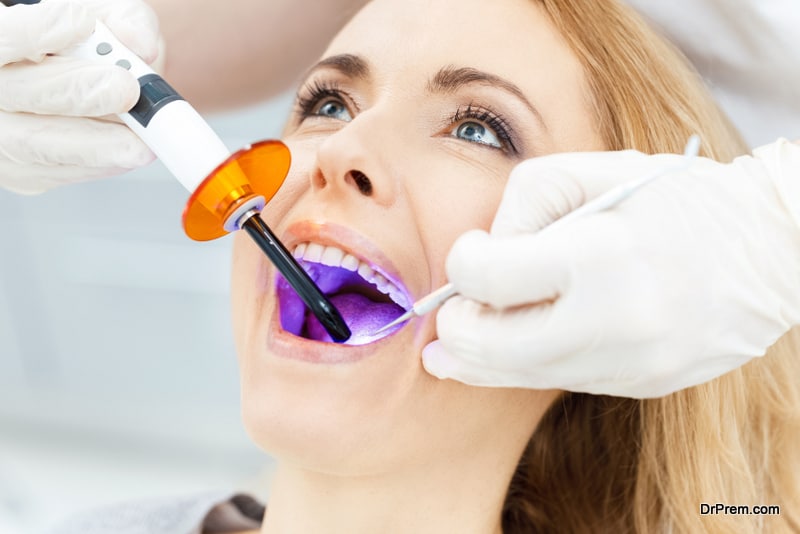Ibogaine therapy is slowly gaining ground as an addiction recovery therapy. It is a powerful hallucinogenic drug that is obtained from Tabernathe Iboga, and African shrub. It has been used for centuries in spiritual ceremonies in Western Africa. Now, it has been observed to be of great help in reducing the severity of withdrawal symptoms of opioids like heroin. It reduces the craving for alcohol, methamphetamine, nicotine, and cocaine.
In Latin America, treating addiction with Ibogaine is legal, which has led to the influx of many visitors from countries where Ibogaine is illegal. Research data about its effectiveness is growing, and anecdotal data is increasing, as recovering addicts vouch for Ibogaine therapy. Let’s take a look at the various factors which has led Ibogaine therapy being successful in Latin America:

How Ibogaine works
How exactly Ibogaine works is not clear, some have been explained by scientists, and other factors remain to be explained. But there are three steps of Ibogaine treatment which everyone goes through. Its effect on multiple receptors in the brain is both psychologically and physiologically therapeutic.
The first step
Ibogaine is still considered an experiment in America, and research about it very little, but proponents of Ibogaine are of the view that Ibogaine that it acts immediately to stop withdrawal symptoms. It reduces craving almost immediately. It does this by refreshing and resetting the opiate receptor sites, though it not known how this happens. It works similarly to substances that block receptor sites. Once this process is complete, Ibogaine need not be used any further.
Second step
Ibogaine is converted to nor-Ibogaine in the liver, and stored in the body’s fat cells. Within 72 to 96 hours after treatment, Ibogaine reduces cravings, increases the sense of well-being and helps recovering addict to be free from any negative thought processes.
Third step
The third step in Ibogaine therapy entails that of gaining insight into why the person started using drugs. This step has been known to clear the mind of the recovering addict and is a period of introspection.
Legal de-addiction centers in Latin America which use the Ibogaine therapy provide emotional help to the patients to help them recover from their addiction.
Ibogaine therapy is not for all
Ibogaine therapy is not for all who suffer from pre-existing physical and mental conditions like epilepsy, prone to seizures, cancer, high blood pressure, Crohn’s or IBS, kidney disease or stones, cerebral palsy, MS, dementia, migraines, cerebral dysfunction, liver disease, lung diseases, untreated diabetes. Those who suffer from liver disease which is serious, or any emotional and psychiatric disorders, and have suffered stroke, should not treated for Ibogaine therapy. Those who use anti-depressants and pregnant women should also stay away from Ibogaine therapy.
Apart from Latin America, New Zealand also has made Ibogaine legal for de-addiction, under some restrictions.
What you must look for while visiting a Ibogaine de-addiction in Latin America
GITA, the Global Ibogaine Therapy Alliance is in the process of setting up global standards which will help regulate the use of Ibogaine.Ibogaine’s risk rate is not fully known but one study in 2007 found a fatality rate of 1 in 300. To minimize risk, you should find out whether proper safety and health precautions are available and whether you are fit emotionally and physically, to benefit from the therapy.
- Addicts who want to try Ibogaine therapy for de-addiction should do so only in centers where there are emergency medical measures in place. There must be a trained person present constantly to help in case of any emergency.
- The clinic must have these basic equipment – first aid kits, equipment which monitors blood pressure and blood oxygen, defibrillator, cardiac monitor, oxygen. The clinic should monitor vital signs throughout the therapy.
- The clinic providing Ibogaine therapy must have dedicated personnel to help emotionally and physically, during the process of therapy.
Though there is a lot more research required to make Ibogaine legally usable in countries like the US, Ibogaine assisted detoxification has helped thousands of people all over the world to recover from their addictions when conventional methods have had no effect.









